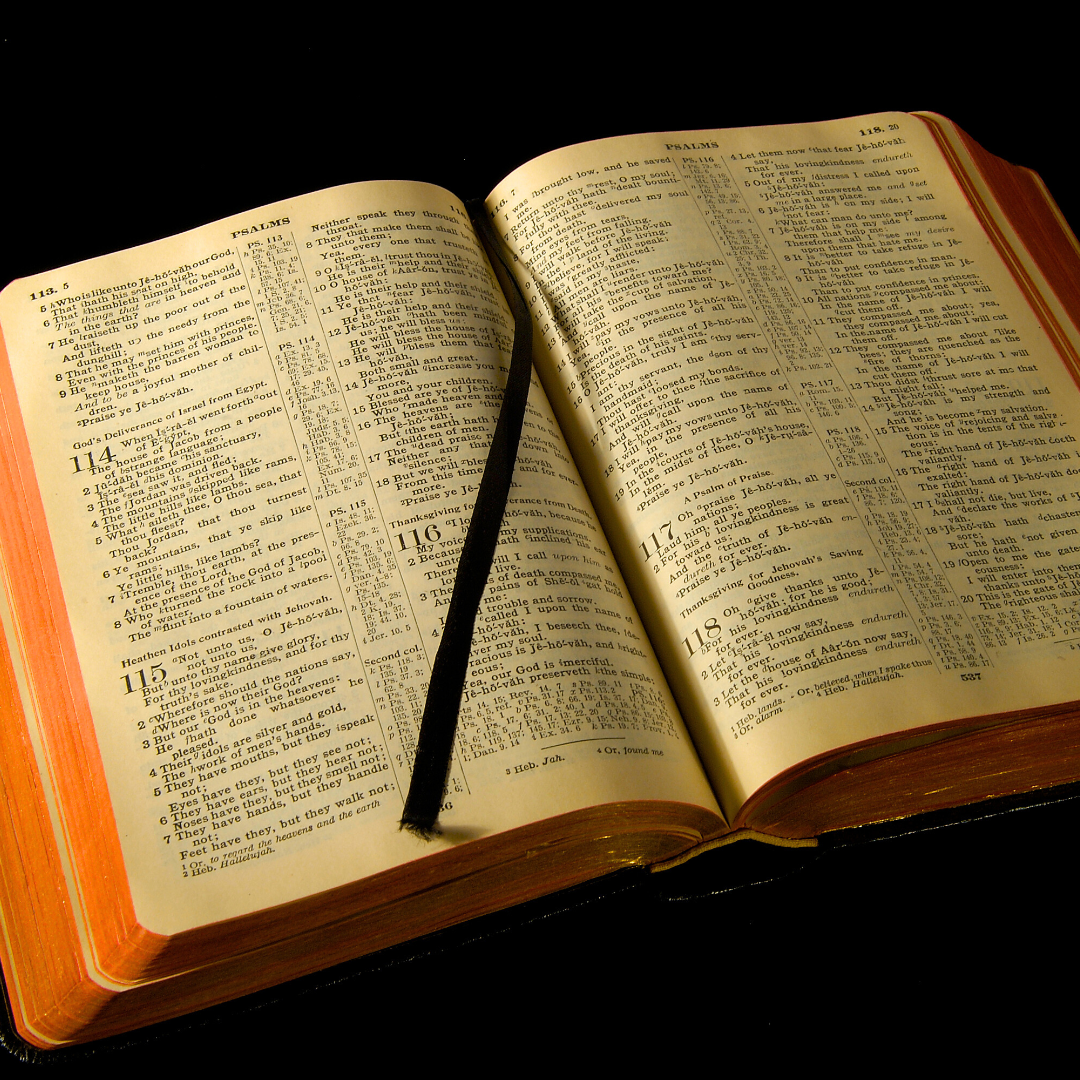
Kelly Tolman reflects on the temptation to doubt our faith in the midst of suffering and God’s silence.
When reading sacred Scripture, we settle into the stories of each book and root for our brothers and sisters lining the pages of this living Word. When Moses is tired and the Israelites feel uncertain, we cheer them on; we know the end of the story. We know God is with them!
Similarly, when reading the Gospels, we anticipate the miracles of Jesus. When a sick person is brought to Him, we anticipate their healing. When someone has a demon, we know Jesus will give the proverbial one-two punch, sending the demon back to the depths from which it crawled. Because these are stories of real people experiencing real miracles, we read Scripture with the confidence of God's sovereign power, His love for us, and His faithfulness in all things. Throughout the story of salvation, God shows up, all day, every day, in a mighty, albeit mysterious, way.
There have been seasons in my life when I lost this confidence as I waded through the details of my day-to-day. I know God warned Noah about the flood and dropped manna from heaven to feed the hungry Israelites. I know Jesus turned water into wine and restored sight to the blind man, but sometimes I struggle to believe that He shows up in my life every day because I don't see His hand—and worse, because He allows me to suffer. I struggle to believe He is as concerned with me as He was for Abraham or the woman at the well. In this doubt, the evil one slips into my thoughts, and I allow him to alter my perspective.

When the enemy slips into my weakness, he uses his pathetic voice. With every miracle unseen, in the grief of my suffering, he tempts me to hear a different narrative than God's undying love for me by turning up the volume of my insecurities and weaknesses. The beautiful words Jesus whispers into my heart—that I am His beloved, that He died for me, that I was created with a purpose, that I am beautiful, that I am loved, that I am His, and He is mine—get lost in the noise of my self-pity and I doubt, I wonder if God is there or if He has forgotten me.
Doubt finds confirmation when we experience suffering and don't see God's hand. When we reach for the hem of Christ's garment, and our body is not immediately healed. When the storm rages around us, but the sea and sky have not yet been rebuked. When our toes touch the water of the Red Sea, but it doesn't part. When we offer our heart as a sacrifice to the Lord, and He doesn't provide a ram in its place.
The next time you cry out to the Lord and His silence shakes your faith, open Psalm 118, the Easter Psalm. It’s the final psalm in the "Egyptian Hallel." In Matthew 26:30, Jesus and the Apostles finish a hymn before departing for the Mount of Olives, where He prayed at the Garden of Gethsemane before His arrest. The hymn they sang was likely the Egyptian Hallel traditionally sung at Passover, a beautiful song of praise, a song of victory, a song of triumph!

When we read this psalm on the other side of the Resurrection, its words challenge us to understand God's perceived silence—and suffering—through a new lens.
Psalm 118:24 reads:
This is the day the Lord has made; let us rejoice in it and be glad.
My heart tore open when I realized that Jesus prayed these words just hours before He started His Passion.
Hours before a betrayal of a brother, before He was mocked and spat upon, before His flesh was torn open by leather whips, before He was condemned to death for crimes He was not guilty of, before iron nails tore through His hands and feet, before His scalp bled from the thorns pressed into His flesh, before He looked through weary and blood-stained eyes upon His broken-hearted mother, before He died, He sang this prayer in perfect sincerity: “This is the day the Lord has made; let us rejoice in it and be glad.”
With great difficulty, His disciples watched His Passion. To their horror, no final-hour reprieve came. Christ carried His cross until He was nailed to it—until He died on it. It looked like evil had won, no miracle yet to be seen.

Dr. Peter Kreeft wrote in Making Sense Out of Suffering,
Satan's conclusion was God's premise, Satan's end was God's means.
Just because we didn't see the miracle in the moment doesn't mean God isn't working. As Christ suffered, our heavenly Father was moving heaven and earth, and nothing would ever be the same again. Earthly suffering is given power to transform and redeem and the gift of salvation is offered to every human person. Precisely when we don't see the miracle, God works in the mightiest of ways.
Whenever my confidence wavers and I wonder if God is there, I pray for the gift of faith. I open my Bible and my heart to Psalm 118 to remind myself of Christ's prayer just hours before His passion. Then, I offer Him my suffering and rejoice in all His glorious works that I don't yet see.
Share your thoughts with the Catholic Mom community! You'll find the comment box below the author's bio and list of recommended articles.
Copyright 2024 Kelly Tolman
Images: Canva
About the Author

Kelly Tolman
Kelly and her husband, Fred, have four children and have lived all over the world as a military family. Kelly is the Co-Founder of The Pelican Project, a ministry dedicated to reawakening a culture of life, and she directs a food bank in Georgia. She has a BA in Homeland Security and an MA in Theology from Franciscan University of Steubenville. To learn more about her work, visit PelicanProject.org.


.png?width=1806&height=731&name=CatholicMom_hcfm_logo1_pos_871c_2728c%20(002).png)
Comments